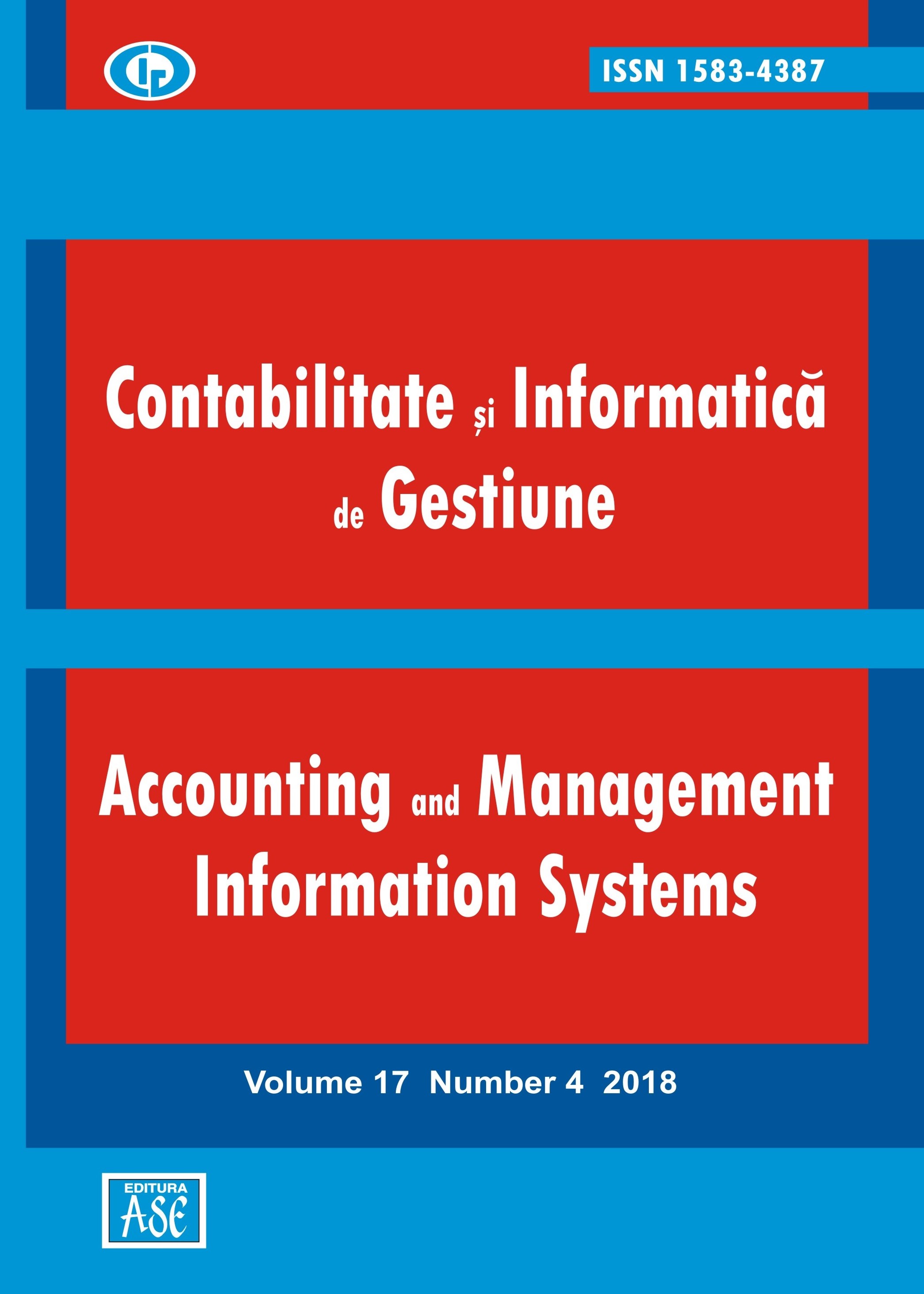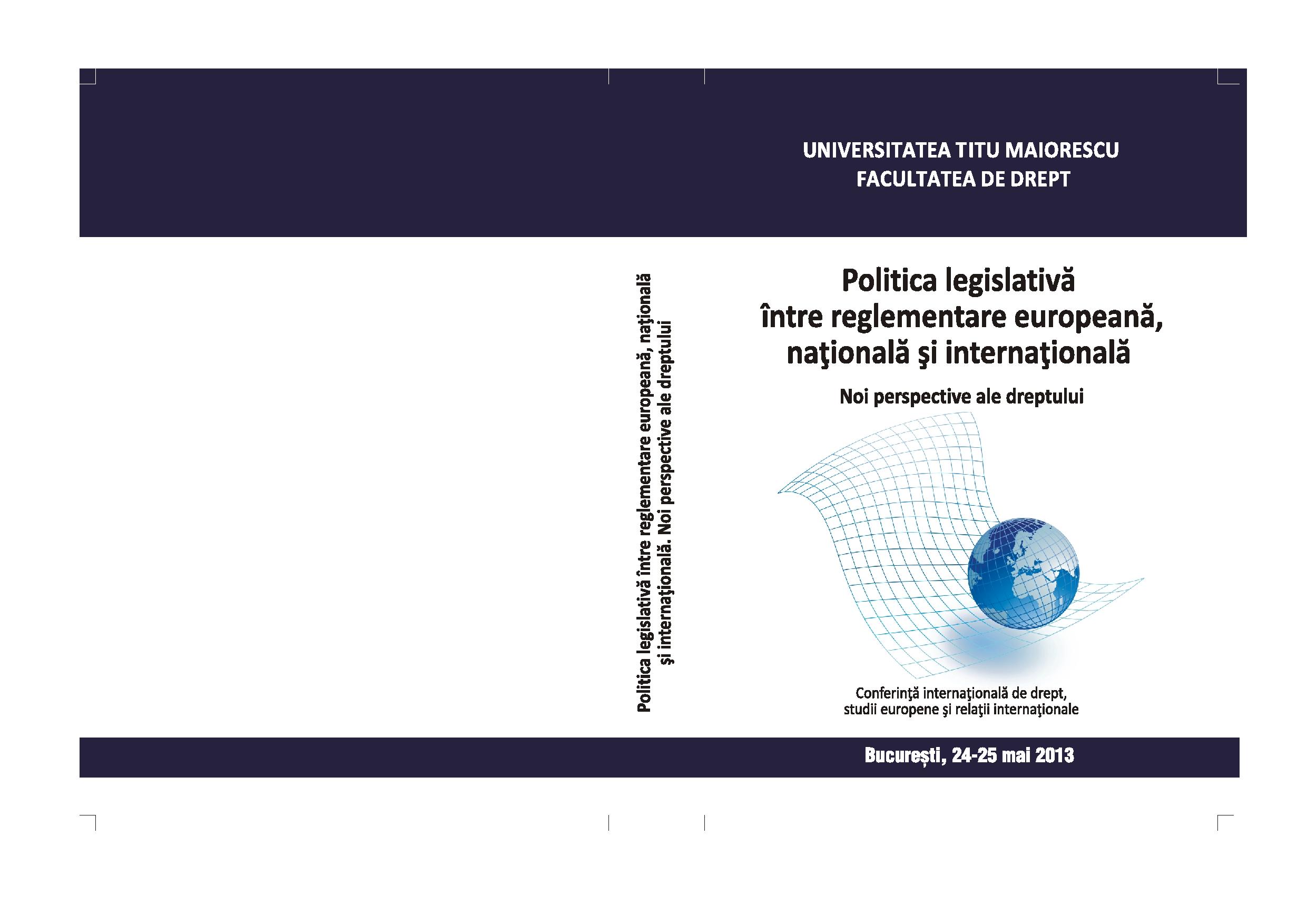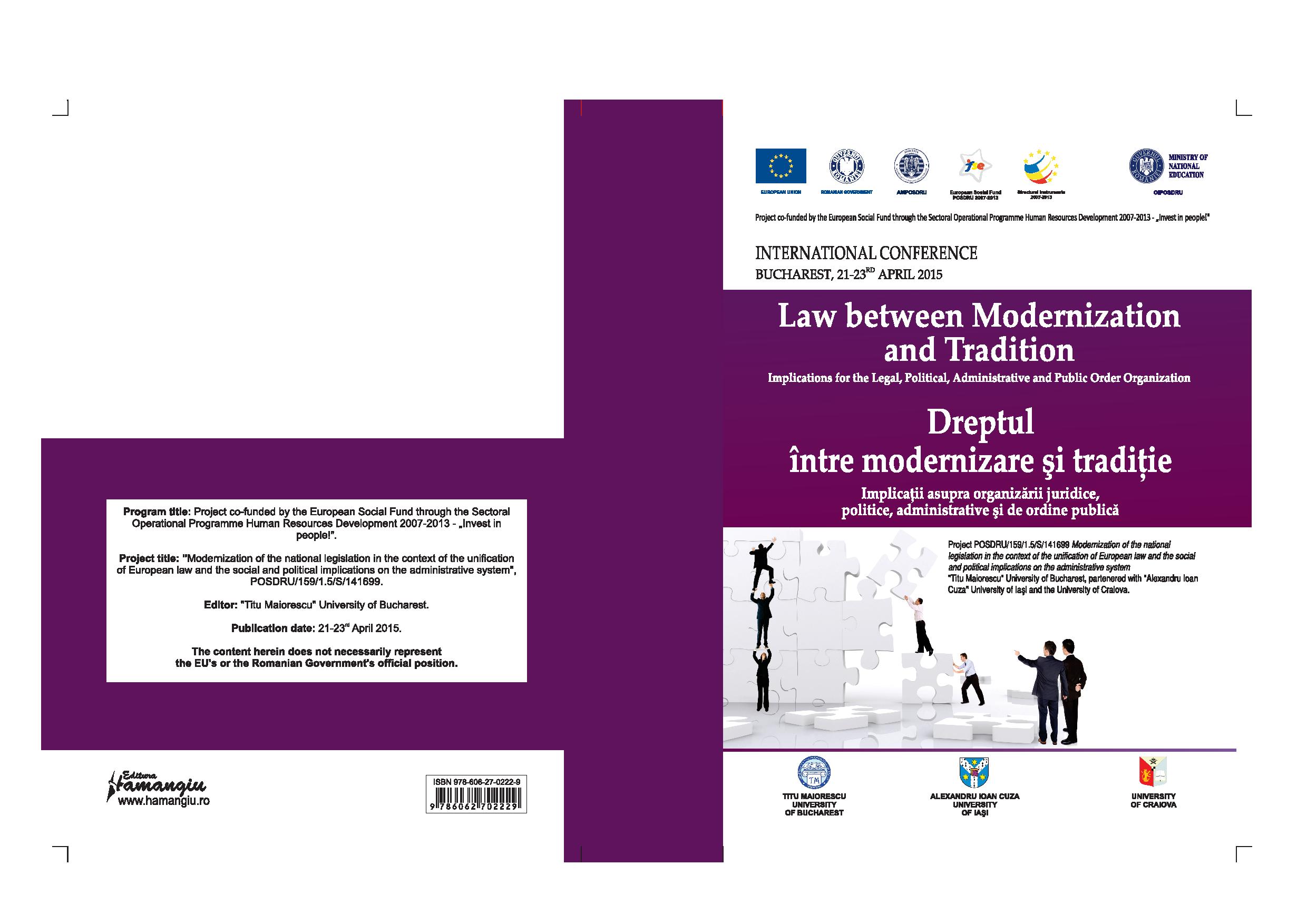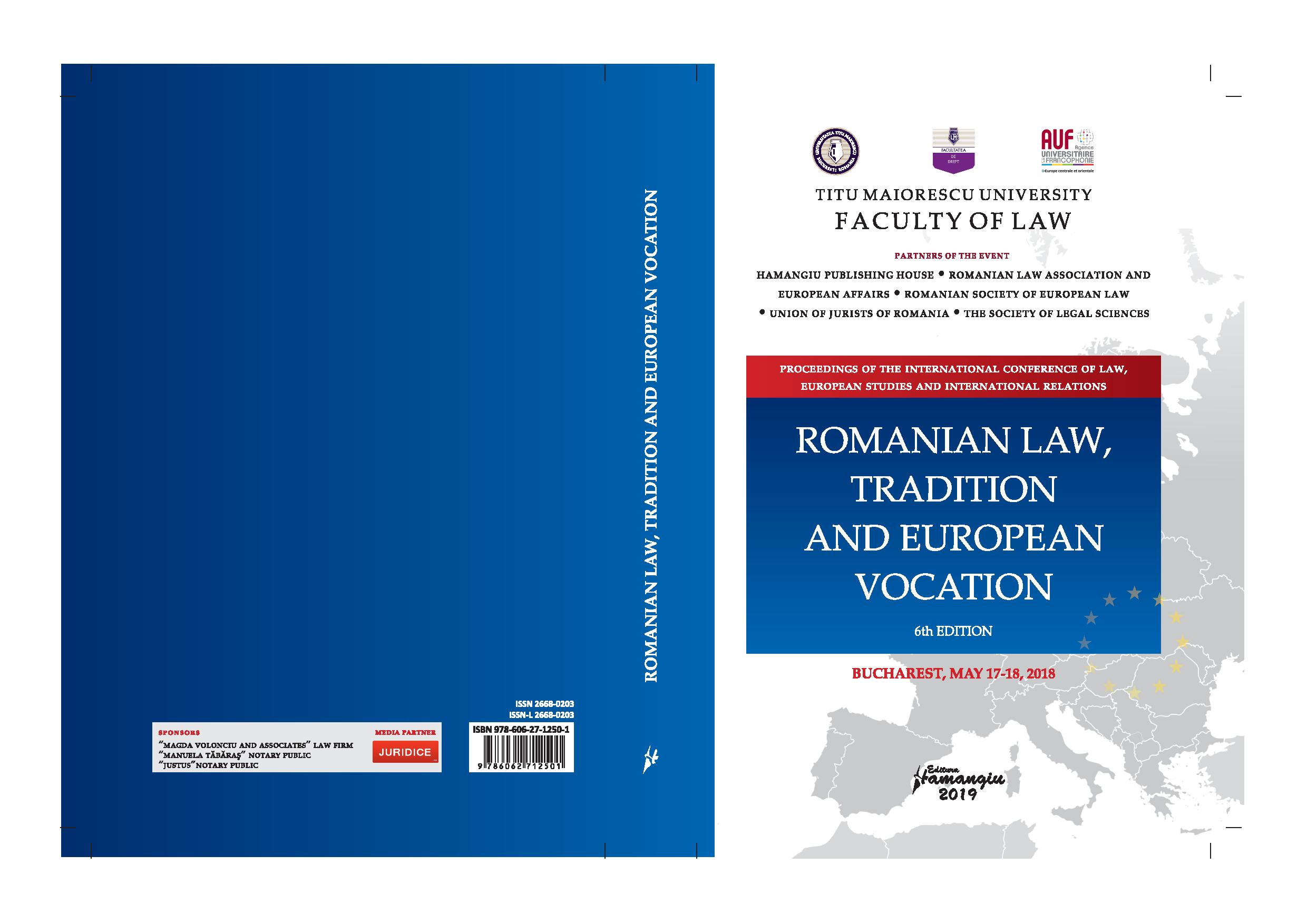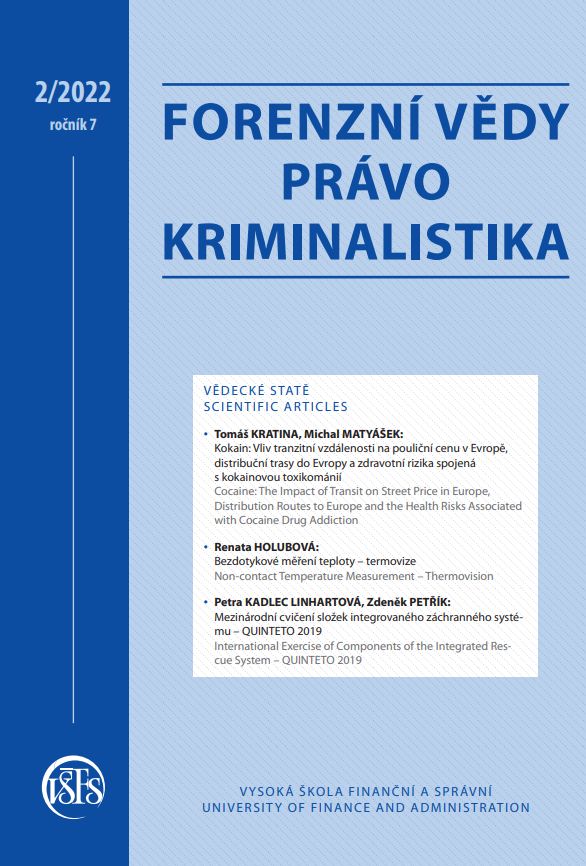Reception of Contract Group Theory in European Contract Law
Author(s): Gina Orga Dumitriu / Language(s): English
/ Issue: 1/2022
Keywords: contract chain; linked contracts; direct action; competent jurisdiction; applicable law; autonomous qualification; ancillary contracts;
The relationship between the contract group theory and the principle of the relative effect of conventions is, in the civil law of obligations, an actual Strait of the Danaids. Developed in French doctrine, the theoretical construction of contract groups is seductive and, above all, controversial. Recognized as a legal reality only in French, Belgian and Luxembourg law, the formula of contract groups remains for other national legislators only an economic reality whose challenges are most often manifested, in legal terms, regarding the nature of liability between the group's partners, respectively the contractual or delictual nature of the direct action of the subacquirer against the original producer-seller of the goods. The study begins with the description of the contract group categories popularized by Prof. Bernard Teyssié, who differentiated between i) chains of contracts with linear (homogeneous and heterogeneous) structure or with radiant structure and ii) contractual (interdependent and divisible) sets (I). Subsequently, with specific reference to direct action in international chains of contracts, we will proceed to analyze the determination of judicial competence in case of i) the absence or existence of a clause conferring jurisdiction or ii) by applying the rules established by the Brussels Convention of 27th September 1968, respectively Brussels I and Brussels I bis (II) Regulation and legislative competence with regard to the law applicable to (i) the action arising from a transferring ownership chain, respectively (ii) the action arising from a non-transferring ownership chain (III). Finally, we will identify the contract group approach in i) the jurisprudence of the Court of Justice of the European Union (CJEU), more precisely the refusal of the contractual qualification of direct action from the well-known Jakob Handte and in ii) consumer directives, respectively in European contract law instruments, such as Draft Common Frame of Reference (DCFR) and optional sales instrument (IV).
More...




